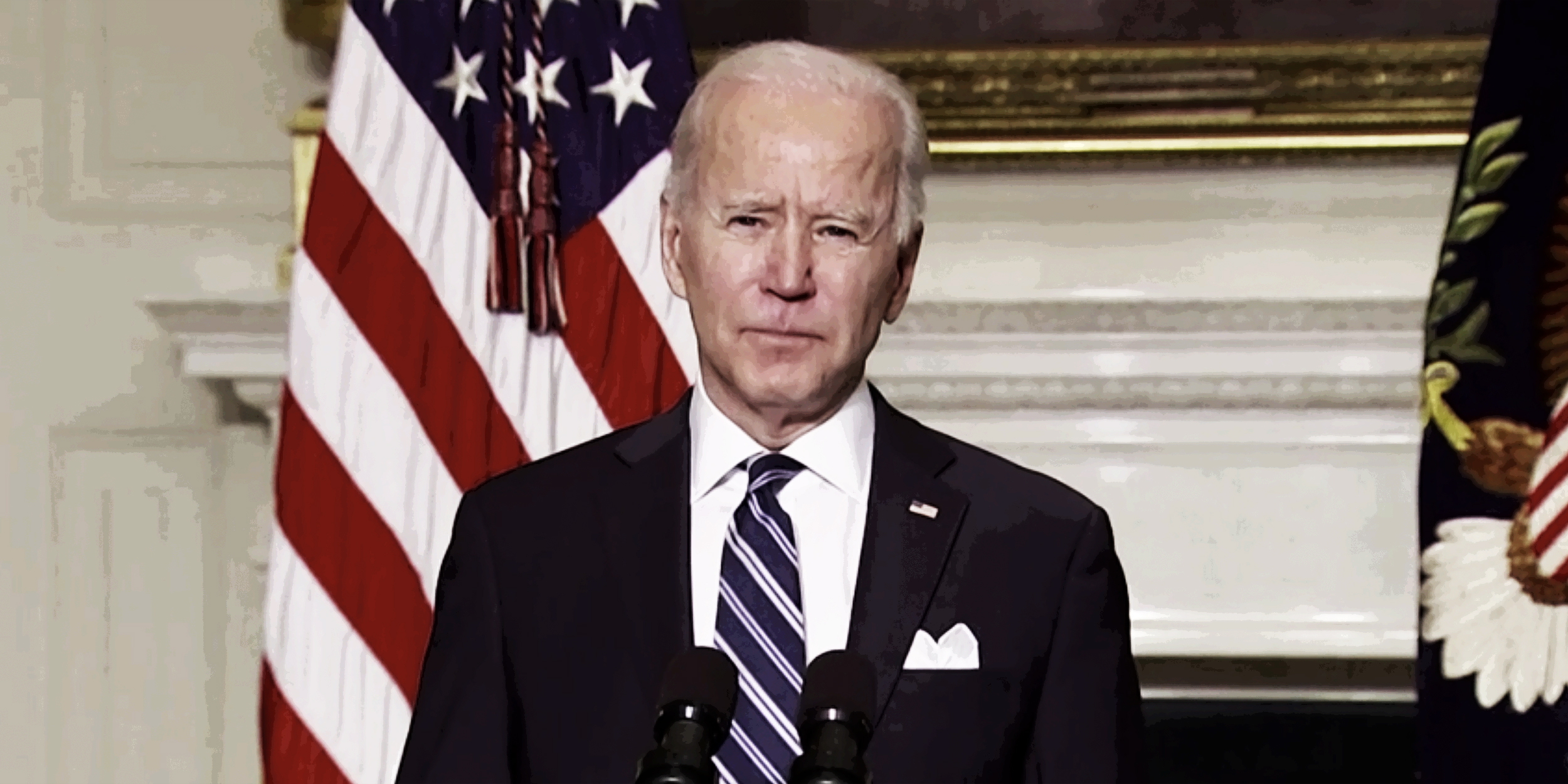Our students share their thoughts on last month’s US mid-term elections.
 “Trumpism is over, populism is still very much alive”
“Trumpism is over, populism is still very much alive”
Whilst the ‘Red Wave’ morphing into the ‘Red Trickle’ appeared indicative that the age of Trumpism is over, broader populism as the future of the Republican Party is still very much alive: the developing personality cult around Ron DeSantis facilitating further demagogic growth.
Achieving the biggest margin of Florida state victory in 40 years, DeSantis appears to be a surface-positive move against Trumpism, embodying a desirable humanity, such as supporting his wife through her breast cancer, whilst also being able to reach across divides: Harvard-educated and Iraq-deployed. Yet, by his proclamation that ‘Florida is where woke goes to die’ and his luring of 50 Venezuelan immigrants to Martha’s Vineyard, the governor’s capitalisation on populist sentiment renders his future ideological evolution uncertain.
Nevertheless, he appears to be the rising star of the Republican party and it seems like he could capture the hearts of US patriots by his perceived charisma: the Financial Times, characterising him as ‘Trump with brains’. Such appeal need only be further demonstrated, by the truly American indicator of political victory, regarding who voters would rather have a beer with: the choice, ultimately, seeming predictable between the young and vibrant DeSantis, or the much older Trump/ Biden.
Therefore, what the results mean for 2024 is not only significant for the future of the Republican Party, but rather for American democracy as a whole with the development of populism’s new and more attractive face. As such, the question remains, for how long can the US endorse these populist sentiments and still maintain their position as ‘leader of the free world’?
Jessica Willock is a BSc Politics and International Relations student at LSE.
“The 2022 midterms abandoned ambition to appeal to quick biases”
As dust settled on the 2022 midterm results, the projected ‘Red Wave’ looked increasingly like a damp squib. Commentators struggled to find a grand narrative as national results concealed huge state and local variation. Notable, however, was that the 2022 midterms occurred against a hardening partisan backdrop.
One CNN exit poll found that 73% of voters were ‘angry’ or ‘dissatisfied’ with the direction of the United States. But angry at whom? Normally inflation or attitudes towards the President would dominate. Yet Democrats were also furious at the Dobbs decision, Trump’s continued presence and election denial. Turnout hit its second-highest level since 1970, but few seemed inspired by forward-looking policy programmes.
Strong partisanship can lead to hostility against outgroups and distorted factual perceptions. In one study, partisans reported feelings of Schadenfreude – happiness at another’s suffering – when negative news events, like economic downturns or even the deaths of troops in war, reflected badly on the opposing party. The 2022 midterms factored in negative partisanship, with parties abandoning ambition to appeal to quick biases.
Election adverts essentially messaged ‘vote for us to stop them’. Both campaigns mobilised voters through hot-button issues; for Democrats, abortion and Trump, for Republicans, attaching opponents to culture war slogans like ‘defund the police’. Balancing persuasion and turnout is important, but when only 9 to 12 percent of voters switch parties between elections, dislodging voters is difficult.
U.S. elections are increasingly portrayed as an existential battle between democracy and dictatorship. Both sides bemoan entrenchment – but will anyone reach out?
Stani Huepfl is a BSc Politics and International Relations student at LSE.
 “The red ripple only the polls saw coming”
“The red ripple only the polls saw coming”
American political polls have been under scrutiny since the 2016 election, after a shocking win from Former President Trump. The scrutiny centres around a sample selection issue. Polls are primarily gathered over the phone, but fewer Americans use telephone communications. These challenges have invited criticism that the polls are not as relevant in modern elections.
Ahead of the 2022 Midterm Election, Fox News and the Republican Party predicted a ‘red wave.’ In fact, a referendum against the party in power, or thermostatic voting, is expected in a midterm election. However this year the polls saw a, previously perceived unlikely, outcome that closely aligned with the results.
The Democrats lost the least number of seats in the House of Representatives in a Democratic President’s first midterm in 40 years and were able to retain power in the Senate. While the margins were slimmer than expected, Democrats lost eight seats and power in the House. This means the end of Biden’s legislative agenda. Regardless, the Biden administration is focused on enacting the Infrastructure Investment and Jobs Act and Inflation Reduction Act. Loss of power in the House also means the end of Speaker Pelosi’s tenure, to be replaced by Representative Hakeem Jeffries (D-NY), the first Black lawmaker to lead a party in Congress.
Since Democrats retained power in the Senate, they can continue to appoint Federal and Supreme Court Justices. Democrats’ control of the Senate rests on the tiebreaking vote of Vice-President Harris. That control can be strengthened by the results of the upcoming runoff election in Georgia on December 6th. Interestingly, Senator Warnock (D) beat Herschel Walker (R) with a slim majority. Lower on the ballot, Governor Kemp (R) beat Stacey Abrams (D) by 8%. Kemp, after running on moderate policy issues this campaign season, underscores the success of moderate Republicans over extremist candidates.
The upcoming 2024 Presidential campaign invites intrigue as to how each party will adjust its strategy considering these new insights.
Kasey Dresser is a MSc Comparative Politics student at LSE.
 “Democrats will face a tougher battle in 2024”
“Democrats will face a tougher battle in 2024”
After the rather positive midterms results for Democrats, there are some interesting questions- whether Biden is running in 2024 and whether the Red Wall will materialize in 2024? Yes and (probably) no. Some originally argued that he should not run again in 2024 due to his health condition and unpopularity. However, Biden didn’t even win the Iowa primary in 2020. His win can be attributed to moderate Democrats’ fear over a Bernie victory, and their lack of confidence in Pete’s ability in uniting the rest of the Democrats against Bernie due to his lack of national profile. The establishment needs Biden to unite the party. As long as Biden can continue fulfilling his obligation as an uniter, there’s no need to replace him with others. Since the red wall didn’t materialize, potential challengers lost their ground against his reelection bid. Unless his health conditions worsen, he will run for 2024.
However, Democrats will face a tougher battle in 2024. For sure, there will be more young people qualified to vote in the election in the next cycle, and they tend to align with democrats. But we can’t ignore independent voters. They might not be content with Biden’s policies, but they rejected the national republican platform this year. However, with the worsening economy and Trump’s defeat, Democrats will face a tougher battle. For example, Desantis won the traditionally toss-up Florida by a wide margin. The only possibility that guarantees Democrats’ easy victory is Donald Trump’s return, but it seems that option has been ruled out with the losses of many of the election deniers who he endorsed. To conclude, there will be two factors deciding Democrats’ fate in 2024: turnout rates especially among youth) and Republican’s platform. It is going to be a tricky battle, one deserving further research.
Martin Chan is a BSc Politics and Philosophy student at LSE.
All of the students above participated as panellists in our US Midterms breakfast discussion.
Note: this article gives the views of the authors, and not the position of the LSE Department of Government, nor of the London School of Economics.





